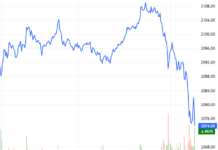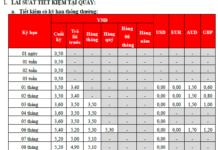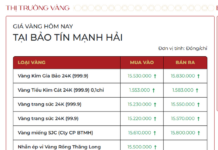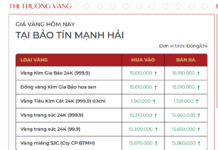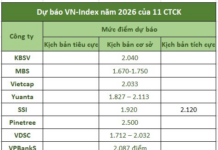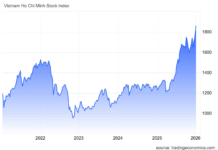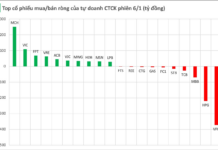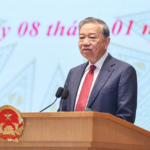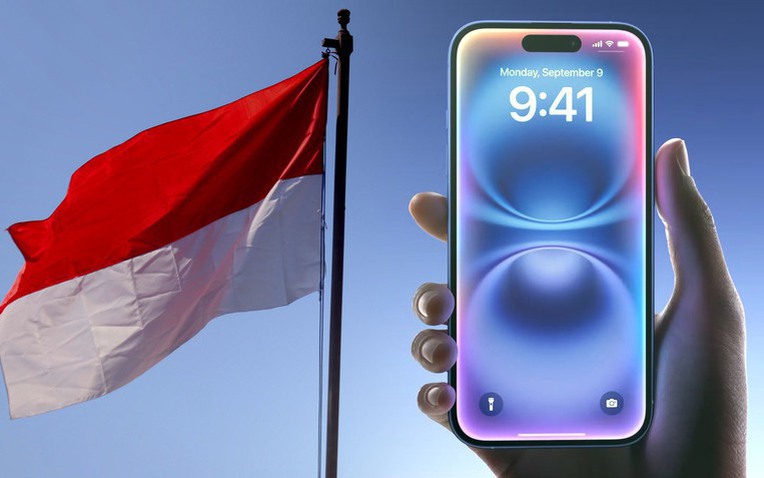
Apple is known for its tough negotiation stance, but the Indonesian government is proving to be equally firm. The country has banned the sale of the iPhone 16, citing Apple’s lack of investment in the local economy. In response, Apple has proposed increasing its manufacturing spend from $10 million to $100 million, but Indonesia is now demanding an investment of $1 billion and wants the deal concluded within a week.
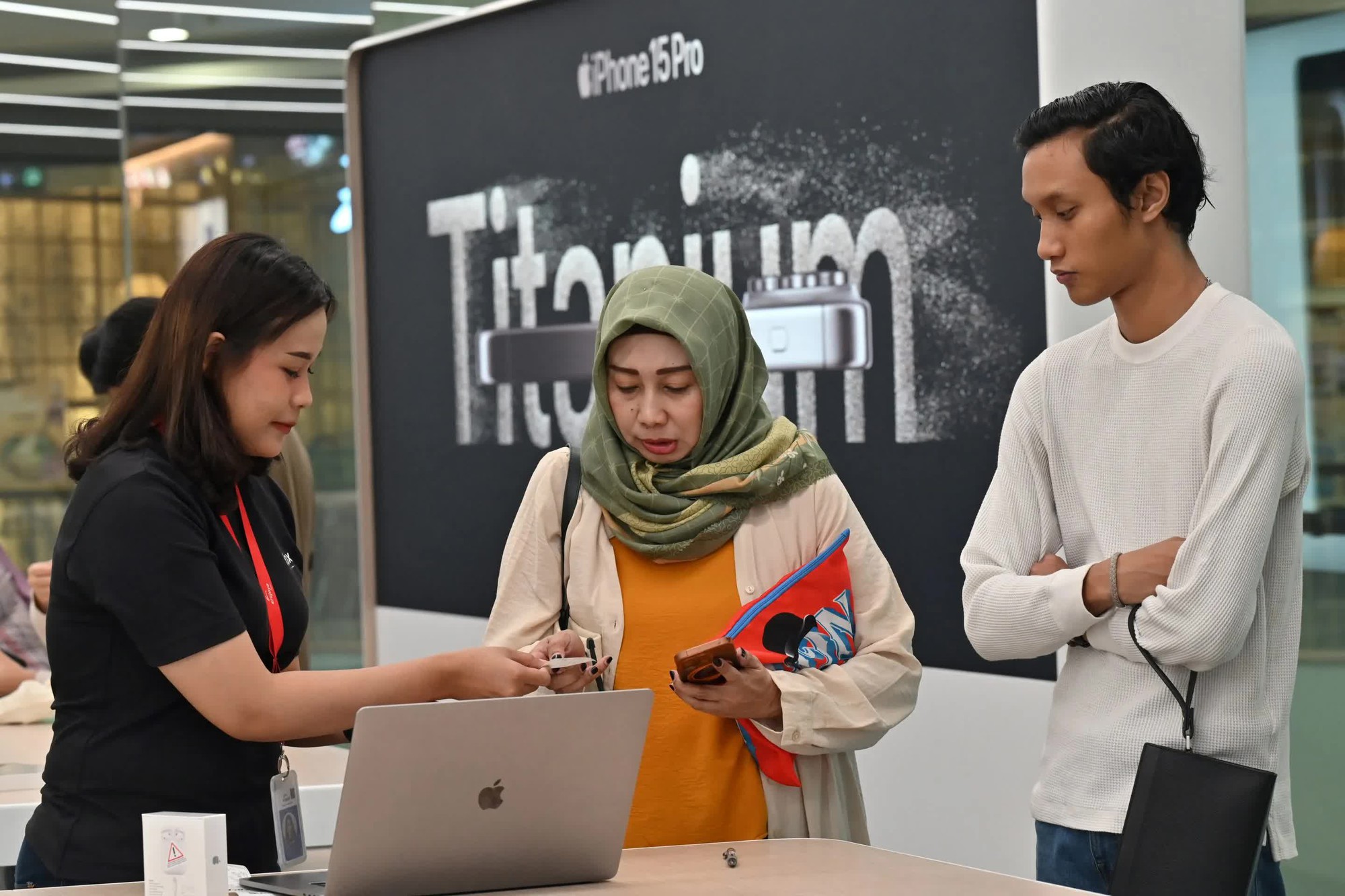
The iPhone 16 Sales Ban
Initially, Apple invested $109 million in Indonesia through a local development academy, along with $10 million in manufacturing spend. However, the Indonesian government argued that Apple had not fulfilled its initial commitments, having only spent $95 million. As a result, they banned the sale and use of iPhone 16 models in the country.
The missing $14 million (230 billion rupiah) led to the Ministry of Industry’s refusal to grant International Mobile Equipment Identity (IMEI) certification, a requirement for devices to be sold legally in the country.
Apple Proposes a Manufacturing Spend Increase to $100 Million
In response, Apple has offered to increase its manufacturing spend tenfold, from $10 million to $100 million.
It is unclear at this stage what form this investment will take. Apple may request that Foxconn establish iPhone and iPad assembly plants in Indonesia or persuade other supply chain partners to produce components for its devices. The government had previously indicated that this approach would be acceptable.
However, the Indonesian government maintains that this investment is still insufficient, although they have not yet specified an amount.

Indonesia Demands $1 Billion Investment
Reuters recently reported that Indonesia is now expecting Apple to commit to a $1 billion investment.
“Indonesia expects to receive a $1 billion investment commitment from technology giant Apple within a week,” the Indonesian Investment Minister said on Tuesday, after the government banned the sale of the iPhone 16 for failing to meet local content regulations.
“Whoever benefits from sales here must invest here, create jobs here. It’s important that the global value chain moves here because once that happens, suppliers will follow,” said Rosan, adding that the investment commitment is part of the first phase.
With a population of around 280 million and increasing prosperity, Indonesia is in a strong position, making it an important market for Apple to develop. The report does not mention a specific timeframe, so Apple may appease the government with a long-term investment commitment spanning one or two decades.
Apple has not yet officially commented on the matter.

